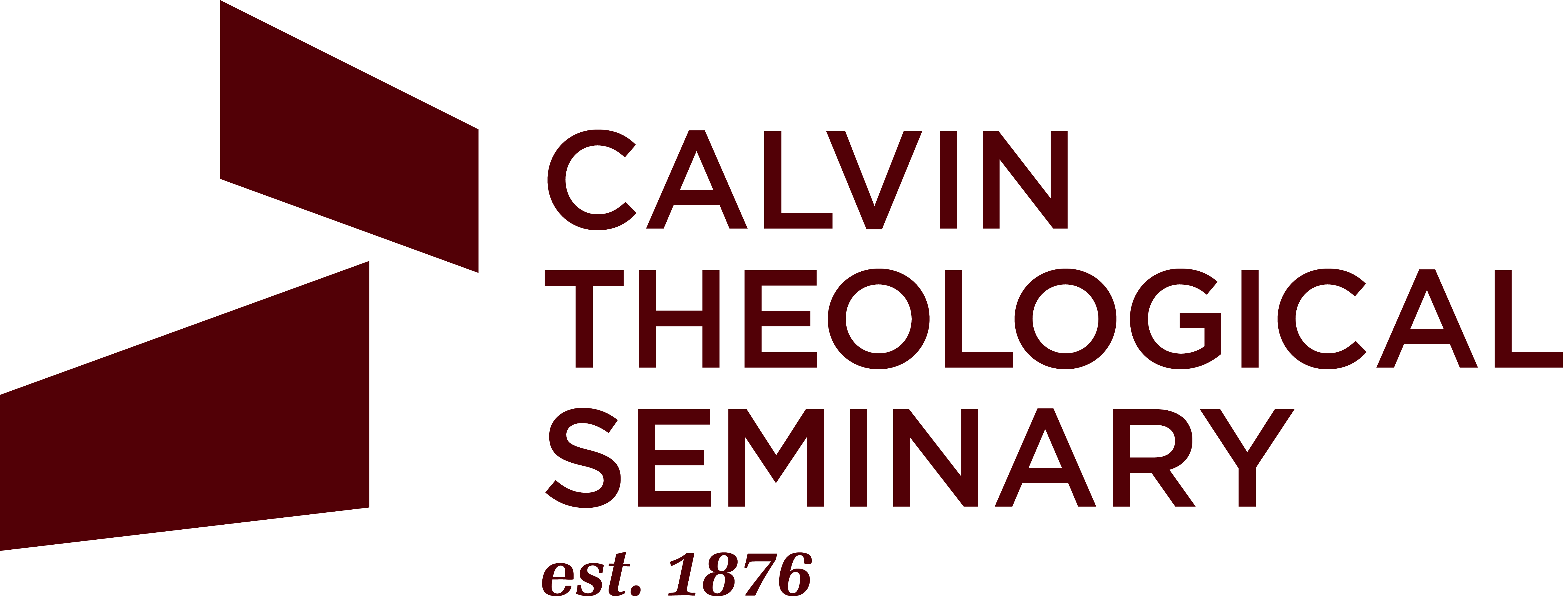Christian Ethics, Protestant and Catholic: 500 Years After the Reformation

Published by Matthew J. Tuininga
Professor of Christian Ethics and the History of Christianity
The Reformers broke dramatically with the Roman Catholic Church when it came to the doctrines of salvation and ecclesiology. They did not do so with respect to ethics. In fact, in some ways, their views are closer to traditional Catholic ethical thought than they are to much of the Protestant tradition that has followed them. On any number of ethical and political topics, the thought of John Calvin is closer to that of the medieval theologian Thomas Aquinas than either of them are to any number of Protestant ethicists today.
For many years Protestant theologians preferred to contrast Protestant ethics with Roman Catholic ethics. Protestant ethics was centered on biblical authority, they argued, while Roman Catholic ethics, because of its natural law tradition, was far too enamored with the powers of human reason.
Protestants emphasized the consistency of the Bible’s moral teaching, summarized in the Ten Commandments, while Roman Catholics wrongly contrasted the new law of the gospel with the old law of Israel. Protestants called all Christians to the same level of righteousness, while Catholics taught that certain Christians— clergy, monks, and nuns—are called to follow the higher evangelical counsels of Christ’s teaching.
In some ways, to be sure, the Reformers themselves paved the way for this contrast. While they upheld the traditional Christian teaching that God’s moral will is written on the human heart and in the creation order (i.e., natural law), they expressed fresh skepticism regarding the capabilities of human reason. While they insisted that Christians were to interpret the Ten Commandments in light of the law’s fulfillment in Christ, they downplayed any meaningful contrast between the ethical teaching of the Old and New Testaments. They emphasized the vocational ordinariness of the Christian life and softened the radicalism of Christian discipleship.
Over time, however, many evangelical Protestants virtually abandoned the concept of natural law altogether, in favor of an emphasis on biblical authority. And because of their emphasis on the Ten Commandments as the perfect expression of God’s moral will, they largely ignored the distinctiveness of the New Testament’s virtue-oriented, Christocentric approach to ethics. Thus one could look far and wide for any meaningful Protestant study of Christian virtues akin to that of Aquinas.
The conflict between Protestant and Catholic political theologies grew even sharper. Protestants embraced political liberalism, religious freedom, and natural rights quite early,while the Catholic Church fiercely rejected all such modern political ideologies as alien to the one true faith of Catholicism. In the age of brutal religious wars that ripped apart Europe and rippled throughout the world, Protestants identified the papacy as the antichrist, always fearing that Catholics sought to rob them of their liberties and force them into submission to the pope.
Two major forces began to change all of this in the latter part of the twentieth century. First, the Roman Catholic Church opened itself ecumenically to Protestantism after Vatican II. Second, Protestants and Catholics alike came to view secularism and the increasing abandonment of Christianity as the far graver threat. Catholic thinkers sought to learn from the Protestant tradition’s embrace of political liberalism. Protestant theologians became interested in the ways in which the Reformers stood in continuity with pre- Reformation Christian tradition. Catholic social thought began to emphasize the ideals of liberty and equality, while Protestant ethicists began to rediscover the value of the natural law tradition, with its rich potential for moral reasoning in pluralistic contexts. Catholics came to appreciate the active role of the Bible in Protestant ethics, while Protestants sought to glean from the Catholic liturgical tradition a fresh understanding of the role of worship in moral formation. Catholics looked to Protestants for a sense of the virtue of ordinary Christian vocations, while Protestants looked to Catholics for insight into the nature of a Christian virtue ethic. The result has been a growing convergence among Reformed and Catholic ethicists, even as important differences remain.
Convergence among theologians and academics is paralleled in culture and in the public square. The U.S. Supreme Court’s legalization of abortion-on-demand in 1973, in Roe v. Wade, brought Catholic and Protestant clergy together like never before as they struggled to witness to the sanctity of human life. Similarly, the sexual revolution, with its ever more radical conclusions regarding sex, gender, and marriage, has reminded Catholics and Protestants just how much they have in common as heirs of a Christian understanding of the meaning of the body. The late Pope John Paul II’s brilliant reflections on the sanctity of life and the dignity of human sexuality has arguably made him more popular among Protestants than any pope in history.
And yet, the ecumenical convergence has only begun. Profound differences remain. Most profound, perhaps, is the continued Catholic insistence on a higher, more evangelical ethic for clergy and for Christians who have taken vows, well-known because of its implication that Catholic clergy, monks, and nuns may not marry. Also of practical significance are the absolute Catholic prohibitions of birth control and divorce.
Yet even here, as Protestants we have much to learn from our Catholic brothers and sisters. For example, the Catholic church has long promoted and protected Christian celibacy as an alternative to marriage, in line with the example and teaching of Jesus and the Apostle Paul. Likewise, the Catholic church has held faithfully to the sanctity of marriage, insisting that divorce is profoundly incompatible with the sacramental meaning of marriage as an analogy for the unity between Christ and the church. In stark contrast, Protestants have tended to overemphasize marriage as the only ideal life plan for all Christians, while at the same time tolerating and even defending the prevalence of divorce.
Protestants also have much to learn from Catholic social teaching as it pertains to poverty and oppression. Classic Christian thought taught that God has given the world to human beings in common. It affirmed the legitimacy of property subject to the requirement that those who have what they need share with those who do not, in order that the poor might receive justice. This has evolved into the modern Catholic concept of solidarity, which calls Christians to bear the burdens of those who are poor and oppressed. This “preference for the poor” can be found in a Reformer such as John Calvin as well, but it has long since fallen by the wayside among many Protestants. Protestants would do well to emulate the Catholic conviction that the sanctity of life requires vigorous protection at every stage and in every form, like a “seamless garment” from beginning to end.
Of course, Protestants and Catholics themselves are so divided on ethical and social matters that often conservatives or progressives of each group feel they have more in common with one another than they do with members of their own denominational traditions. Thus Protestants who hold to the biblical understanding of marriage might find themselves in greater solidarity with the pope than they do with members of their own tradition, while Catholic academics who support same-sex marriage find themselves arm-in-arm with many mainline Protestants. On the other hand, because of its history, breadth, and traditional hierarchy, the magisterial Catholic tradition remains far more cohesive and balanced than does much of Protestant ethics.
It is precisely for this reason that so much fruit might come from continuing Catholic-Protestant convergence in ethics. The more Protestants and Catholics converse with and engage the best of each other’s traditions, the more we discover just how rich, broad, and consistent is the long tradition of Christian moral and social teaching. The questions we wrestle with regarding marriage, human dignity, and care for the poor are not fundamentally new questions, even though we find ourselves asking them in quite different circumstances. The gospel of the kingdom and its righteousness remains the same as it did one thousand and two thousand years ago, and faithful Protestants and Catholics of all denominations will increasingly find that, as pilgrims on the same journey, serving one Lord with one faith, they will come much nearer to their goal if they walk together than if they walk separately.
by Matthew J. Tuininga, Assistant Professor of Moral Theology
Share
Visit Calvin Theological Seminary’s Campus
We can’t wait to host you on campus! Schedule your visit today, or, if you need more time to find a date that works for you, please request information so we can continue the conversation about supporting your calling!
